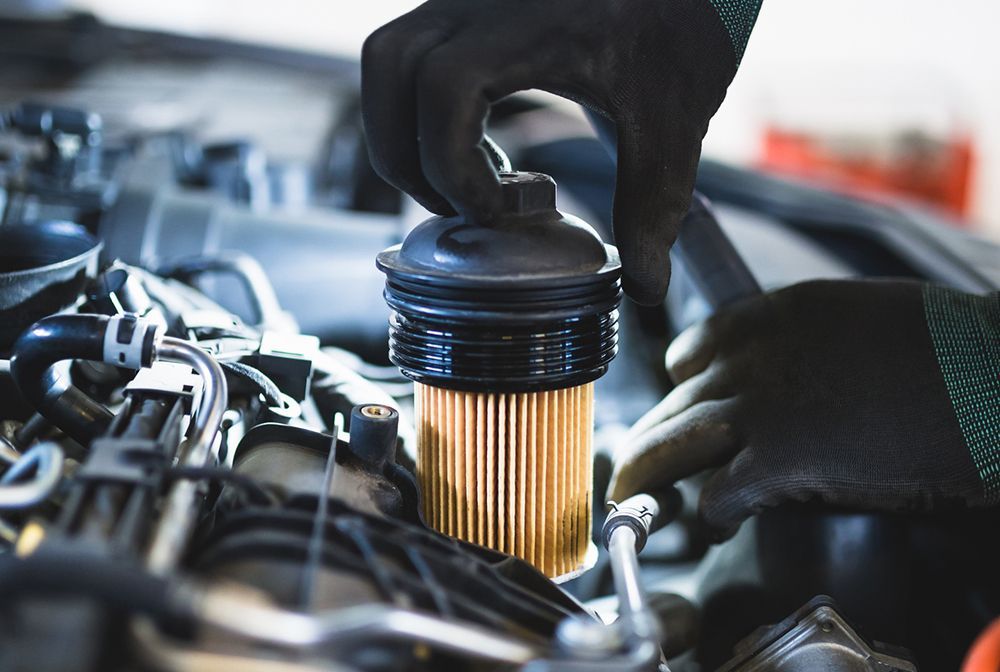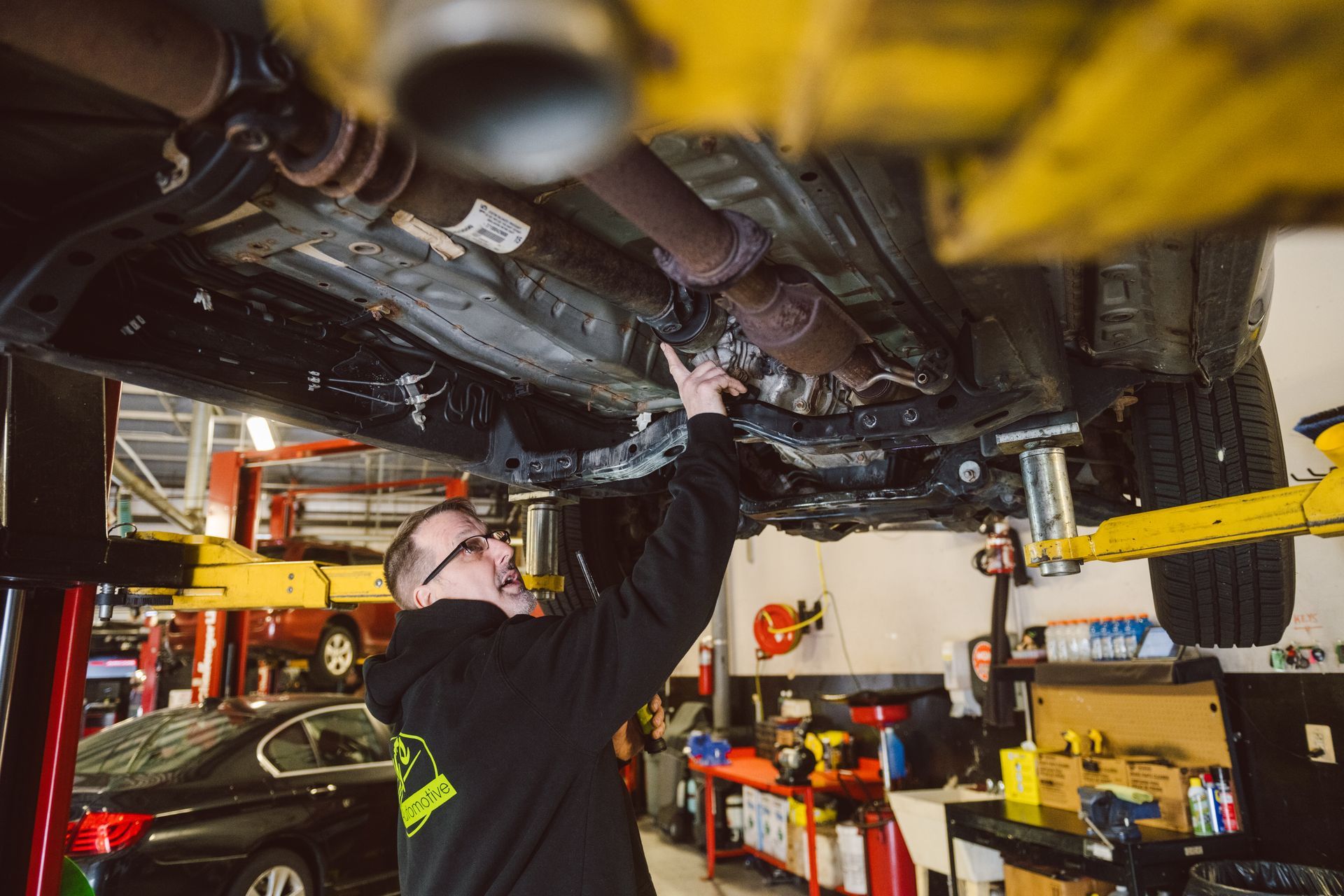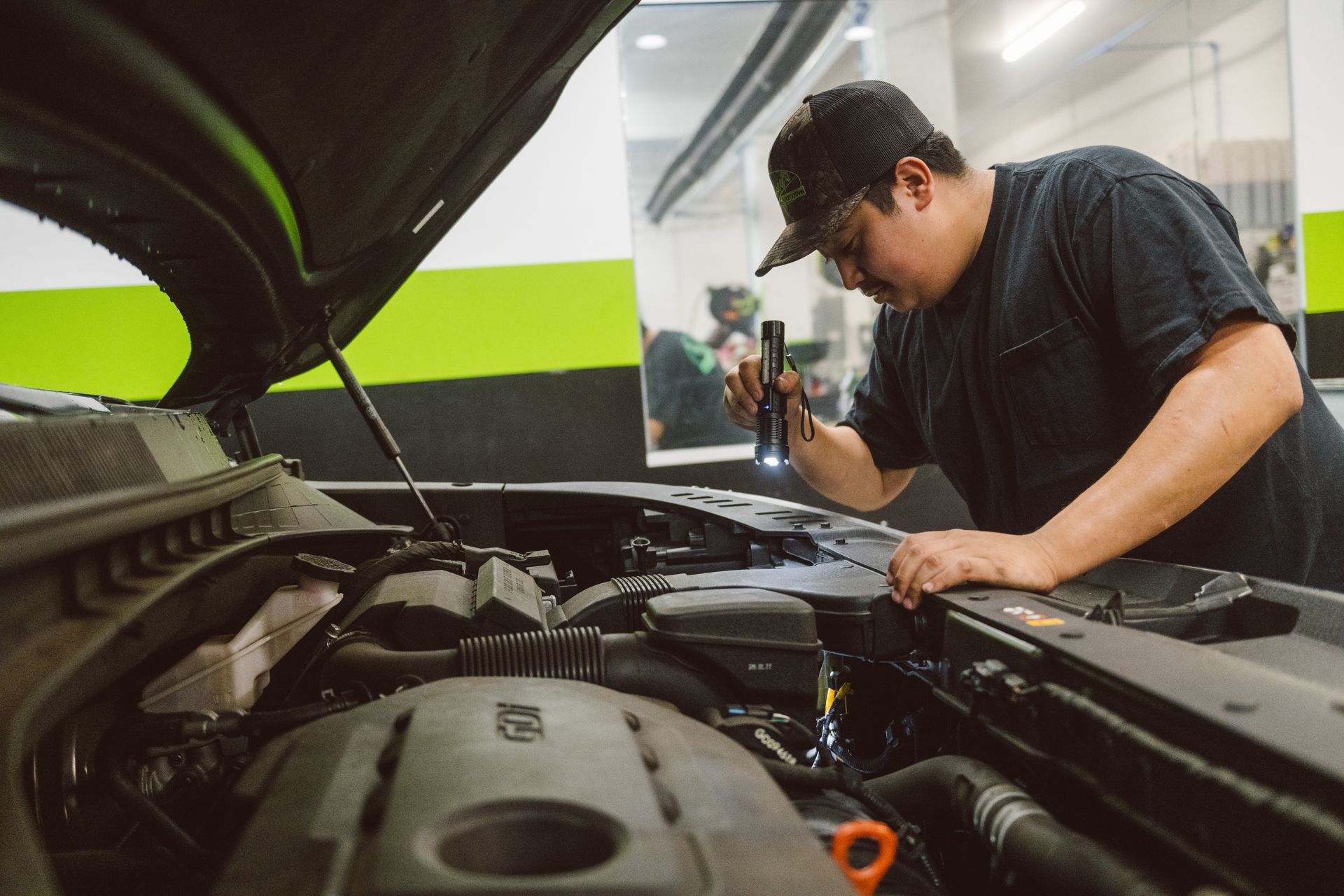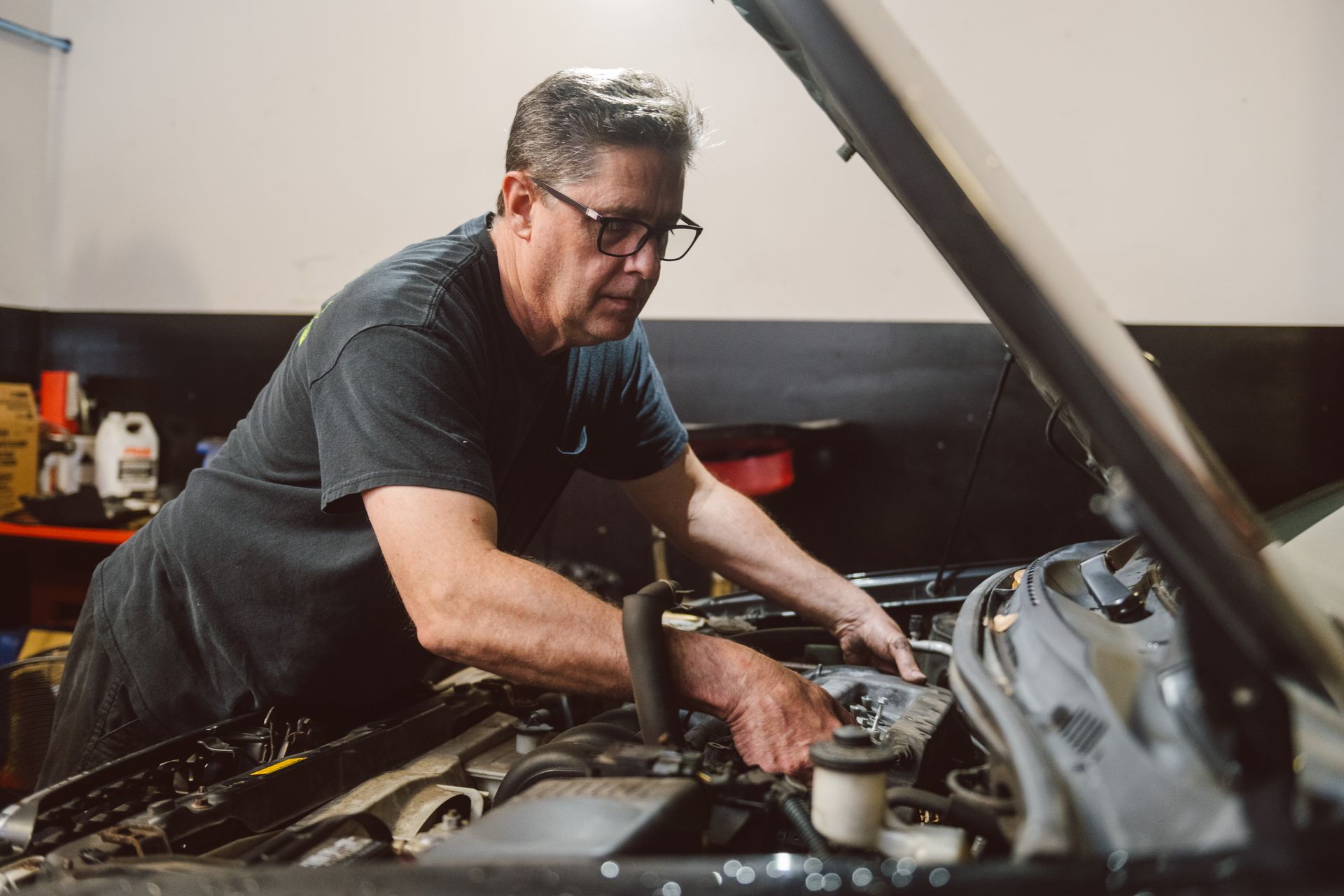Blog
Discover expert brake advice at Casey's Automotive in Virginia. Ensure your safety with our top-notch services. Schedule an online appointment now!
Discover touchless wheel alignment at Casey's Automotive in Virginia. Enhance your vehicle's performance with precise alignment. Schedule an online appointment now!
Ask a neighbor about us,
we're confident in what they'll say.








© 2024 Casey's Automotive. All Rights Reserved | Website managed by
Shopgenie
Follow us
Our Shop
4260A Entre Court, Chantilly, VA 20151
45891 Woodland Rd, Suite 130, Sterling, VA 20166
719 Walker Rd, Great Falls, VA 22066
List of Services
© 2024 Casey's Automotive. All Rights Reserved | Website managed by
Shopgenie
Follow us
Our Shop
Chantilly:
703-802-6300
4260A Entre Court, Chantilly, VA 20151
Sterling:
703-444-6900
45891 Woodland Rd, Suite 130, Sterling, VA 20166
Great Falls:
571-786-8001








